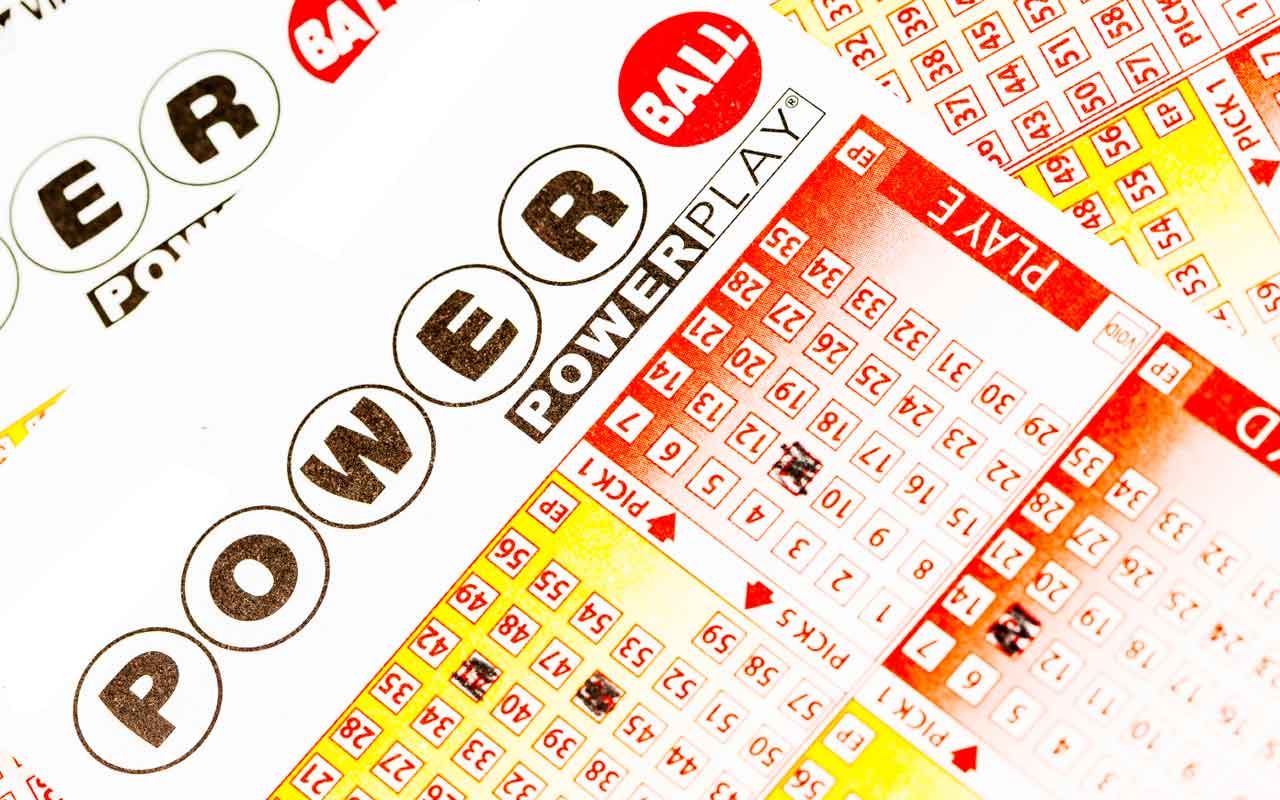What You Need to Know About Annuities
If you're confused about these products, you're not alone.

Profit and prosper with the best of Kiplinger's advice on investing, taxes, retirement, personal finance and much more. Delivered daily. Enter your email in the box and click Sign Me Up.
You are now subscribed
Your newsletter sign-up was successful
Want to add more newsletters?

Delivered daily
Kiplinger Today
Profit and prosper with the best of Kiplinger's advice on investing, taxes, retirement, personal finance and much more delivered daily. Smart money moves start here.

Sent five days a week
Kiplinger A Step Ahead
Get practical help to make better financial decisions in your everyday life, from spending to savings on top deals.

Delivered daily
Kiplinger Closing Bell
Get today's biggest financial and investing headlines delivered to your inbox every day the U.S. stock market is open.

Sent twice a week
Kiplinger Adviser Intel
Financial pros across the country share best practices and fresh tactics to preserve and grow your wealth.

Delivered weekly
Kiplinger Tax Tips
Trim your federal and state tax bills with practical tax-planning and tax-cutting strategies.

Sent twice a week
Kiplinger Retirement Tips
Your twice-a-week guide to planning and enjoying a financially secure and richly rewarding retirement

Sent bimonthly.
Kiplinger Adviser Angle
Insights for advisers, wealth managers and other financial professionals.

Sent twice a week
Kiplinger Investing Weekly
Your twice-a-week roundup of promising stocks, funds, companies and industries you should consider, ones you should avoid, and why.

Sent weekly for six weeks
Kiplinger Invest for Retirement
Your step-by-step six-part series on how to invest for retirement, from devising a successful strategy to exactly which investments to choose.
Annuities can be a good way to ensure a steady stream of income in retirement if -- and that's a big IF -- you choose the right kind for your needs.
There are a whole range of products labeled annuities, and some are much better than others. But sales people continue to tout both the good and bad (see An Annuity You Really Should Avoid). So you need to be really careful before you jump into an annuity.
How an annuity works
An annuity is an insurance product. With an immediate annuity, you give an insurance company a lump sum and received fixed monthly income for the rest of your life. With a deferred variable annuity, you invest in a mutual fund-like account and the insurance company guarantees future payouts. Annuities also have a death benefit (this is where the insurance comes in) that entitles your beneficiary to the value of your annuity or a guaranteed minimum, whichever is greater.
From just $107.88 $24.99 for Kiplinger Personal Finance
Become a smarter, better informed investor. Subscribe from just $107.88 $24.99, plus get up to 4 Special Issues

Sign up for Kiplinger’s Free Newsletters
Profit and prosper with the best of expert advice on investing, taxes, retirement, personal finance and more - straight to your e-mail.
Profit and prosper with the best of expert advice - straight to your e-mail.
But there are lots of twists to deferred annuities. You can't withdraw the money until you're 59½, or you'll be hit with a 10% penalty on earnings. Plus, you'll pay a surrender fee if you tap the annuity before a certain period laid out in the contract (usually seven years).
Other drawbacks: Earnings are taxed as income rather than at the long-term capital gains rate. And annuities usually charge more than 1% a year for the death benefit, but it pays off only if you die when your account has fallen below the minimum guarantee. If you want a guarantee on a deferred variable annuity that you won't lose money even if the underlying investments decline in value, you'll likely have to pay fees of 2.5% to 3% per year.
How to pick the right one
In large part, whether you pick an immediate or deferred variable annuity depends on whether you're already retired or are still saving for retirement. Immediate annuities are better for retirees who want to receive payouts right away. Read more about this type of annuity. Deferred variable annuities are better for preretirees who want the potential for their account value to increase. Read more about this kind of annuity.
Take our ten-question quiz to learn even more about annuities and to find out which type is right for you. And our Understanding Annuities special report loads of information and strategies for using annuities to create a steady stream of income in retirement.
Profit and prosper with the best of Kiplinger's advice on investing, taxes, retirement, personal finance and much more. Delivered daily. Enter your email in the box and click Sign Me Up.

Award-winning journalist, speaker, family finance expert, and author of Mom and Dad, We Need to Talk.
Cameron Huddleston wrote the daily "Kip Tips" column for Kiplinger.com. She joined Kiplinger in 2001 after graduating from American University with an MA in economic journalism.
-
 How Much It Costs to Host a Super Bowl Party in 2026
How Much It Costs to Host a Super Bowl Party in 2026Hosting a Super Bowl party in 2026 could cost you. Here's a breakdown of food, drink and entertainment costs — plus ways to save.
-
 3 Reasons to Use a 5-Year CD As You Approach Retirement
3 Reasons to Use a 5-Year CD As You Approach RetirementA five-year CD can help you reach other milestones as you approach retirement.
-
 Your Adult Kids Are Doing Fine. Is It Time To Spend Some of Their Inheritance?
Your Adult Kids Are Doing Fine. Is It Time To Spend Some of Their Inheritance?If your kids are successful, do they need an inheritance? Ask yourself these four questions before passing down another dollar.
-
 4 Ways to Thwart Elder Abuse
4 Ways to Thwart Elder AbuseCaregiving Being prime targets for scams, seniors need to be vigilant about protecting themselves.
-
 4 Tips to Build a Better 401(k)
4 Tips to Build a Better 401(k)investing Keys to getting the most out of your plan.
-
 5 Better Investments Than Powerball
5 Better Investments Than Powerballsavings Your odds of getting a good return on your money are much higher than winning the lottery.
-
 Get a Cash Bonus for Opening a New IRA
Get a Cash Bonus for Opening a New IRAIRAs Switching jobs or retiring? Some brokerages offer cash incentives for your rollover 401(k) money.
-
 5 Things ‘The Golden Girls’ Can Teach Boomers About Retirement
5 Things ‘The Golden Girls’ Can Teach Boomers About Retirementretirement Whether you’re preparing to retire or already there, this popular sitcom can teach you everything you need to know
-
 12 Best Freebies for Retirees
12 Best Freebies for RetireesMaking Your Money Last Retiree-friendly goods and services are available at no cost – if you know where to look.
-
 Undo Your Social Security Claiming Decision
Undo Your Social Security Claiming Decisionretirement How to reverse an early benefit claim designation.
-
 6 Great Online Financial Tools to Simplify Your Life
6 Great Online Financial Tools to Simplify Your Lifesavings These online resources will help you get your finances in order.